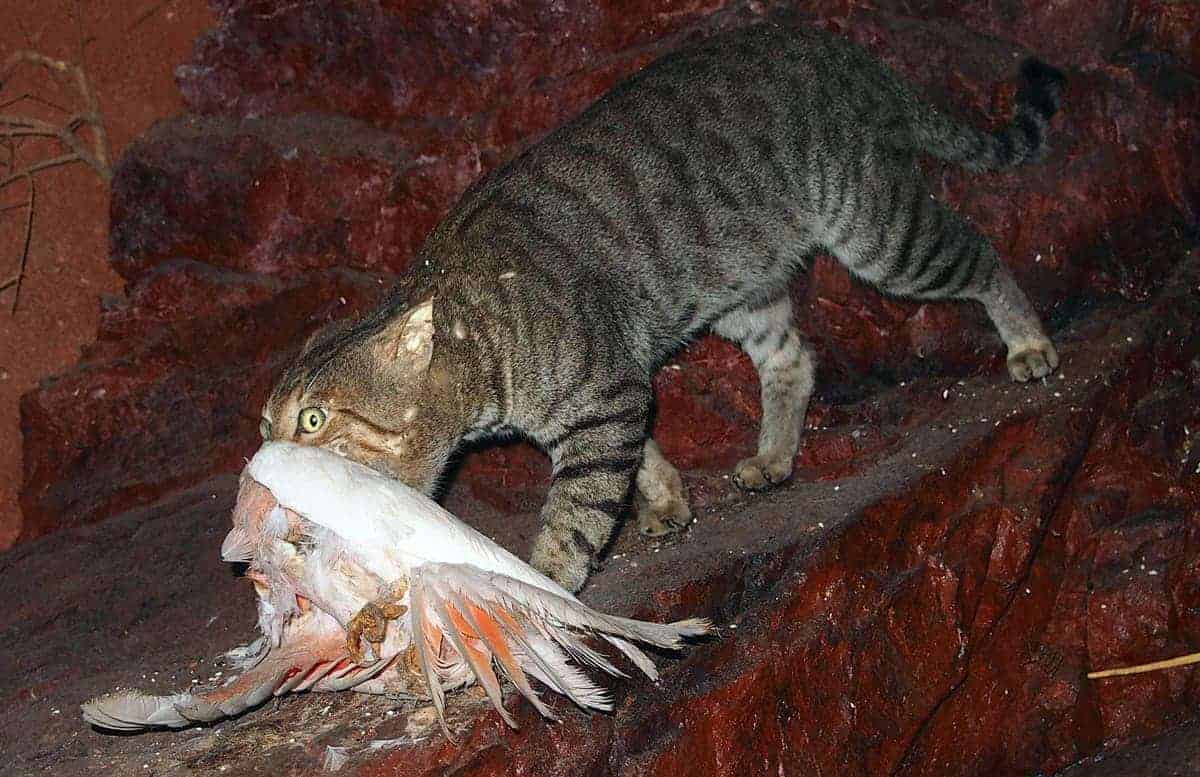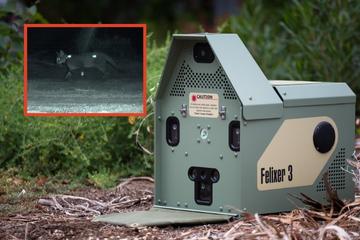The Invasive Species Council has welcomed the Victorian Government’s decision to permit the use of Felixer grooming traps for feral cat control – calling it a landmark step that will turbo-charge efforts to protect threatened wildlife and give long-stalled island eradication projects their best chance of success.
‘I applaud the Allan Government on this decision, which is a true breakthrough for Victoria’s wildlife. It finally puts Victoria on the same playing field as the rest of the country and allows land managers to use the tools they need to protect wildlife from the biggest driver of mammal extinction in this country – feral cats,’ Invasive Species Council CEO Jack Gough said.
‘We’ve been advocating for this outcome for years because the science is clear – if we want to protect potoroos, bandicoots, shorebirds and our precious island wildlife, we need every tool in the toolbox.
‘While French Island has been held back without this tool, Christmas and Kangaroo Island show what’s possible when land managers can use the full suite of methods needed to achieve eradication.
‘Felixers are critical for removing the last trap-shy cats that determine whether an eradication succeeds or fails, so we’re relieved this approval will finally let the French Island project get back on track to finish the job.
‘Feral cats kill over 1.5 billion native animals every year in Australia. By allowing Felixers under strict permits and in controlled areas, Victoria is strengthening its biosecurity system and showing real leadership in the fight to save native species.
‘No one likes to see animals killed, but the sad reality is that we have a choice to make between urgently reducing feral animals or accepting the decline and extinction of our native animals.
‘Australia has global obligations, legal and moral, to prevent extinctions and recover threatened species, and until we find a replacement 1080 is a vital part of the tool kit to protect our native species.
‘This is the kind of practical, science-based leadership we need if Victoria is serious about halting biodiversity decline.’
Media inquiries: (02) 8006 5004








